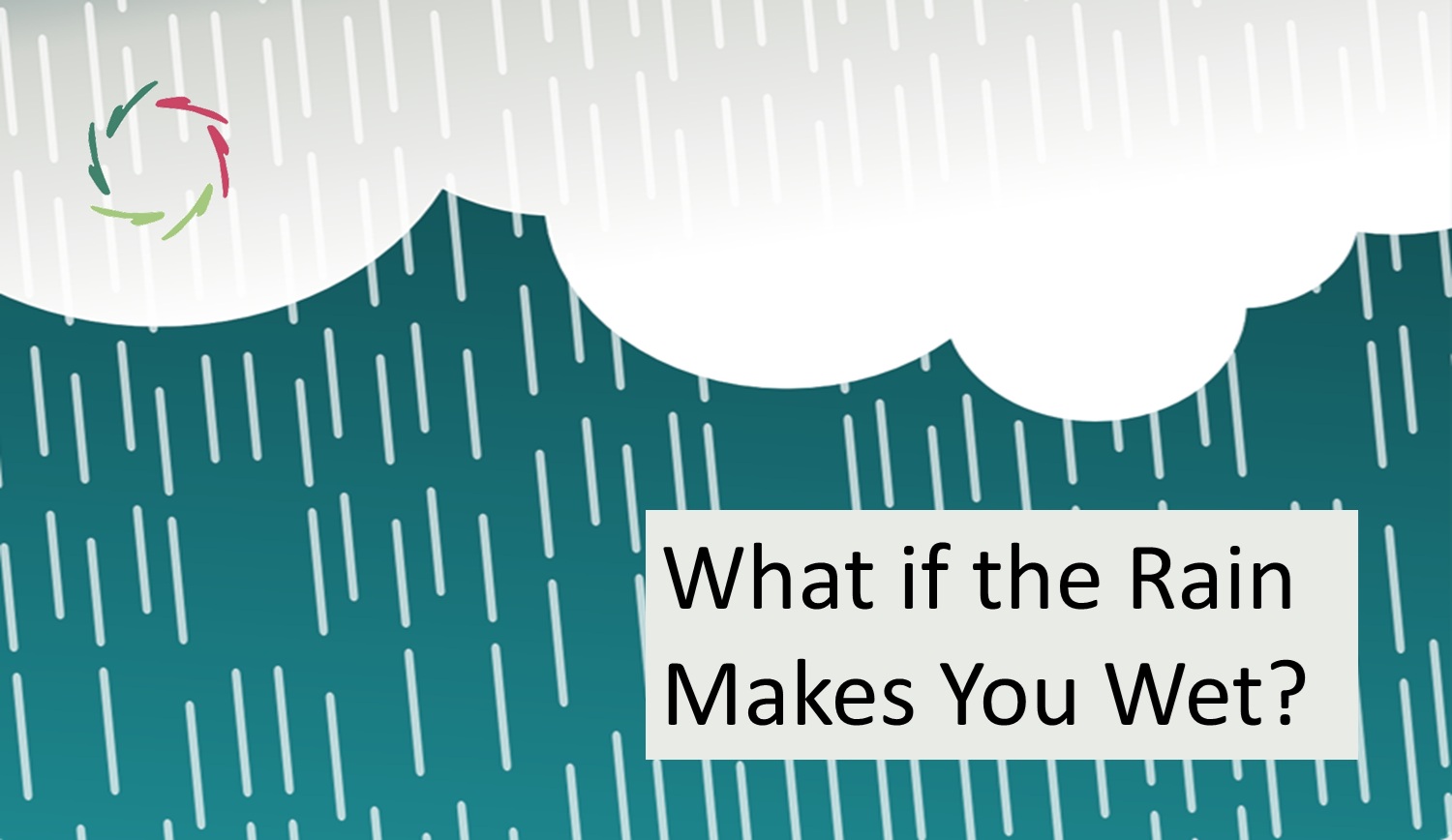The Big Mistake: Mere-Ego vs. Total Self

To me, this is the biggest possible mistake. Unfortunately, it is made ubiquitously and runs culturally deep.
Please also read about Inner Dissociation – Ego – Total Self.
I think, therefore, I am. [Dixit René Descartes, °1596]
But who is the I who thinks, therefore, is?
If this isn’t clear, the rest follows in obscurity. Within this mistake of ‘Cartesian thinking’ (being more Cartesian than Descartes himself), Western culture has further evolved in the so-called Western Enlightenment that incidentally incorporated the centuries older humanism. Thus, the latter became infused with a one-sided kind of rationality that ousted the original humanism, like the initial eggs from a cuckoo’s nest.
Western Enlightenment is not altogether wrong, and even correct in many ways. However, in its one-sidedness, it’s weird and wrong enough to call for a retake — if not reboot from the ground up. It’s time for a new generation, a new awakening.
The mistake is between mere-ego and total self.
Other ways in other cultures. The West – the culture I know best – has incorporated the mistake almost everywhere. Thus, we have no complete rationality but mainly a mere-ego kind. Without any doubt, this makes us increasingly vulnerable to immense present-day and future challenges. We are facing dire consequences: unnecessary suffering and lack of inner growth.
Note that this is not about egoism versus altruism. It’s about a basic view of the human being. The mistake is like that between a pond’s surface and the entire pond.
One doesn’t swim in a surface.
One doesn’t see the entire pond (including its depth) from the border.
It’s pretty obvious once you perceive what it’s about.
Yet the mistake is everywhere.
For instance, in Western science concerning anything related to the human being.
I frequently encounter the problem that many people from different fields make this mistake. That shouldn’t be a surprise, but it makes it hard to change anything about it even in one corner of the building.
Yet change is necessary.
Other factors that come on top of the big mistake may weigh more because of it.
Here comes egoism, indeed, quite at the forefront. The urge to care only for oneself (or the small circle in which one views oneself) unmistakably accords with mere-ego. In contrast, the total self doesn’t fit well in an ego bubble.
Again, they’re not the same but readily close allies.
Another ally is the lack of daring — plain old fear of what might happen when sticking out above the crowd. Given the involvement of depth, this fear can turn into anxiety. Unfortunately, this way, anxiety dictates society.
Also, the comfy numbness of many silly biases comes around the corner, ready to be used as preconceptions in order simply to stay fixed in a status quo.
– “It’s them. Don’t you see it’s them? Always everywhere them?”
Of course, it is not up to them.
Is this hopeless?
In principle, not at all, but hope exists only where enough people are daring.
It is up to us.


